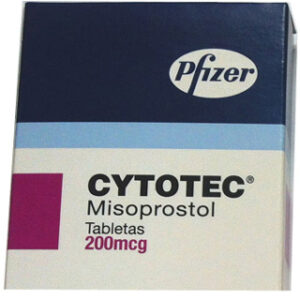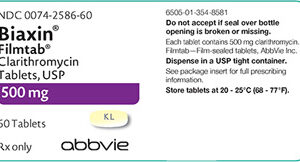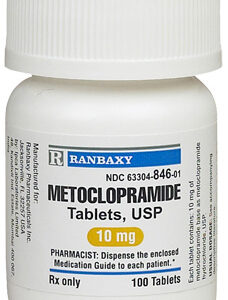Gastrointestinal
Gastrointestinal medications are a diverse group of drugs aimed at treating disorders affecting the digestive system, including the stomach, intestines, liver, and pancreas. These medications address a wide range of conditions, such as acid reflux, ulcers, diarrhea, constipation, and inflammatory bowel diseases like Crohn’s disease and ulcerative colitis. Common types of gastrointestinal medications include proton pump inhibitors (PPIs) to reduce stomach acid production, antacids to neutralize stomach acid, antiemetics to prevent nausea and vomiting, and laxatives to alleviate constipation.
The practical use of gastrointestinal medications involves understanding the specific condition being treated and adhering to the prescribed dosage and regimen. For example, individuals with acid reflux may take PPIs before meals to reduce stomach acid production, while those with constipation may use laxatives as needed. It’s important for patients to communicate any persistent symptoms or adverse effects to their healthcare provider to ensure proper management of their gastrointestinal condition.
In addition to medication, lifestyle changes such as dietary modifications, stress reduction, and regular exercise can play a significant role in managing gastrointestinal disorders. Patients should follow their healthcare provider’s recommendations closely and maintain open communication to achieve optimal treatment outcomes and improve their overall digestive health.
Showing all 12 resultsSorted by average rating
-
Gastrointestinal
Cytotec
-
Gastrointestinal
Nitrofurantoin
-
Gastrointestinal
Biaxin
-
Gastrointestinal
Nexium
-
Gastrointestinal
Protonix
-
Gastrointestinal
Bentyl
-
Gastrointestinal
Prilosec
-
Gastrointestinal
Reglan
-
Gastrointestinal
Metoclopramide
-
Gastrointestinal
Ranitidine
-
Gastrointestinal
Florinef
-
Gastrointestinal
Motilium














